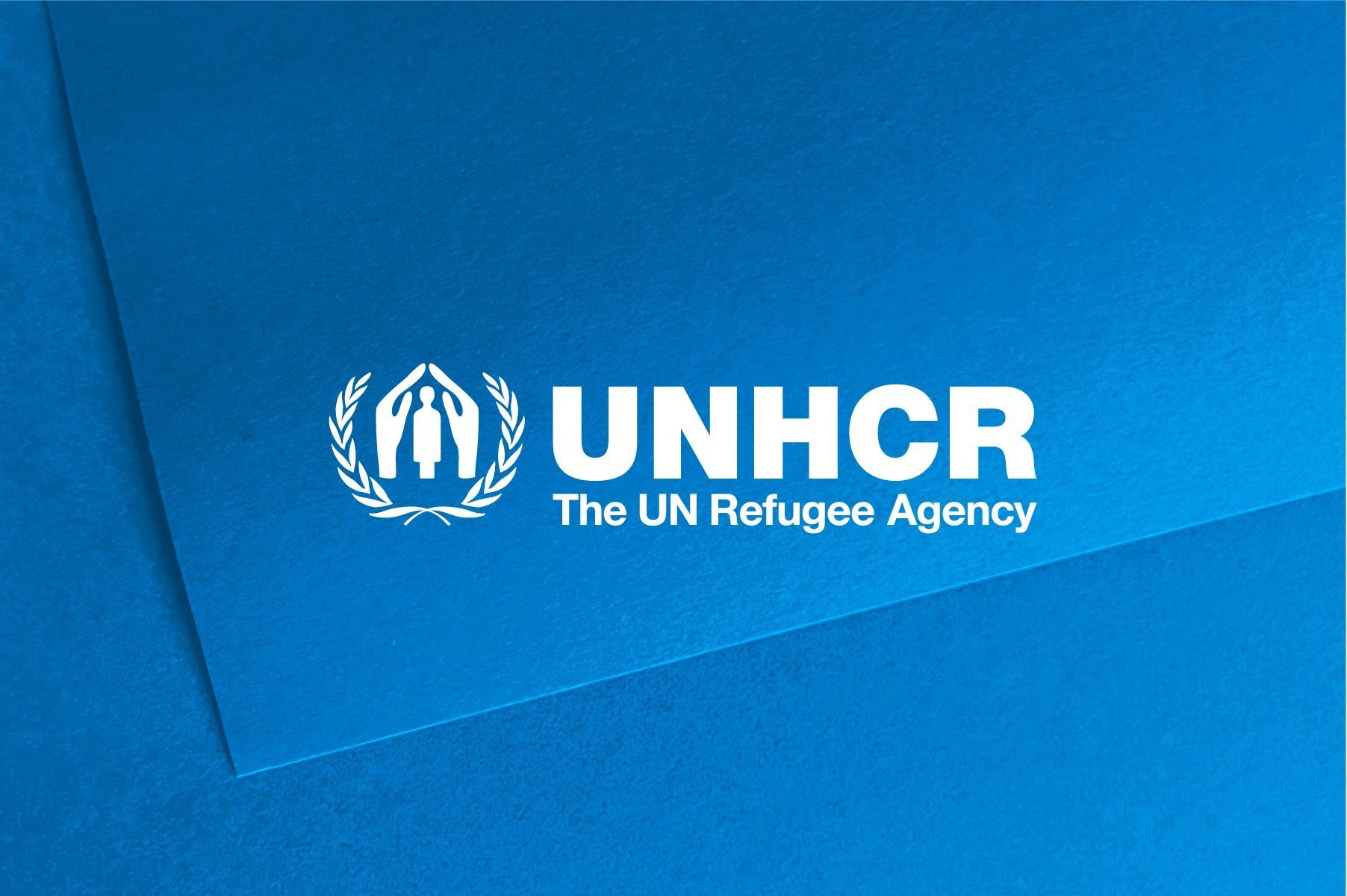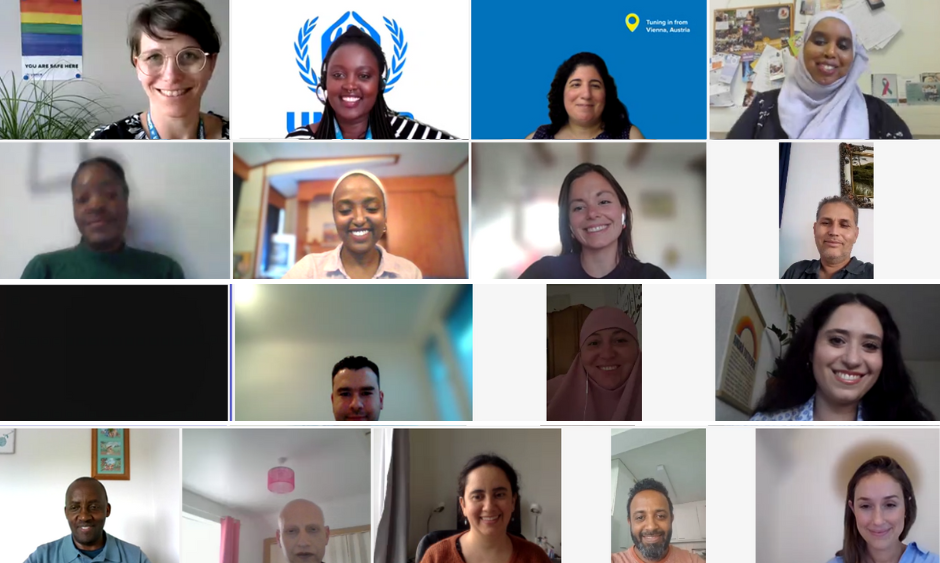Irish young scientists take on refugee issues
Irish young scientists take on refugee issues

What factors influence people’s attitudes to refugees?
Do those attitudes vary with age?
And does Ireland’s famous welcome, ‘céad míle fáilte’, extend to refugees?
These are some of the questions that students from across Ireland looked to answer at this year’s BT Young Scientist Competition. Now in its 51st year, the annual exhibition in Dublin’s RDS attracted several projects looking at current international events.
Maria McCarthy, Eva O'Keeffe and Cliona Barry from Coláiste Choilm in Ballincollig, Co. Cork examined whether Irish people had positive to negative opinions of the 4,000 refugees and asylum-seekers arriving to Ireland over the following two years.
By collecting information from 500 public surveys on the Irish population, they found that approximately 60% of the Irish population believe that the Irish State needs to take more responsibility on the migrant crisis in Europe. Women were more welcoming of refugees than men and 62% of people agree that Syrians refugees are welcome in Ireland.
“We saw stories about this crisis all throughout the summer and the picture of the little boy really brought the horrors of this war to life. We became aware of the reality of the difficulties the refugees face” said Cliona. “We were very interested to find how Ireland was responding to this crisis. Considering Ireland's history with the famine, we wanted to discover Ireland's attitudes and opinions on the crisis.”
Irish people seemed to show a good understanding of the world’s current refugee crisis, with students from Comeragh School in Carrick on Suir, Co Tipperary finding that 92% understood the word ‘refugee’. However only 27% knew any refugees.
Despite this, people showed a real interest in the issue because of the high profile it received on the news.
Students in Desmond College, Co Limerick were also influenced by the photos of young refugees dying in the Mediterranean.
“We then began discussing what exactly what was happening in Syria and why people were fleeing their home country” says Niamh Liston, who along with Hannah Barrett carried out a statistical investigation into the factors in which influence refugee admittance to EU countries.
“I do believe that we would be interested into expanding our knowledge of refugees because this is a very topical issue” says Niamh. “And we should all know about what is going on around us.






